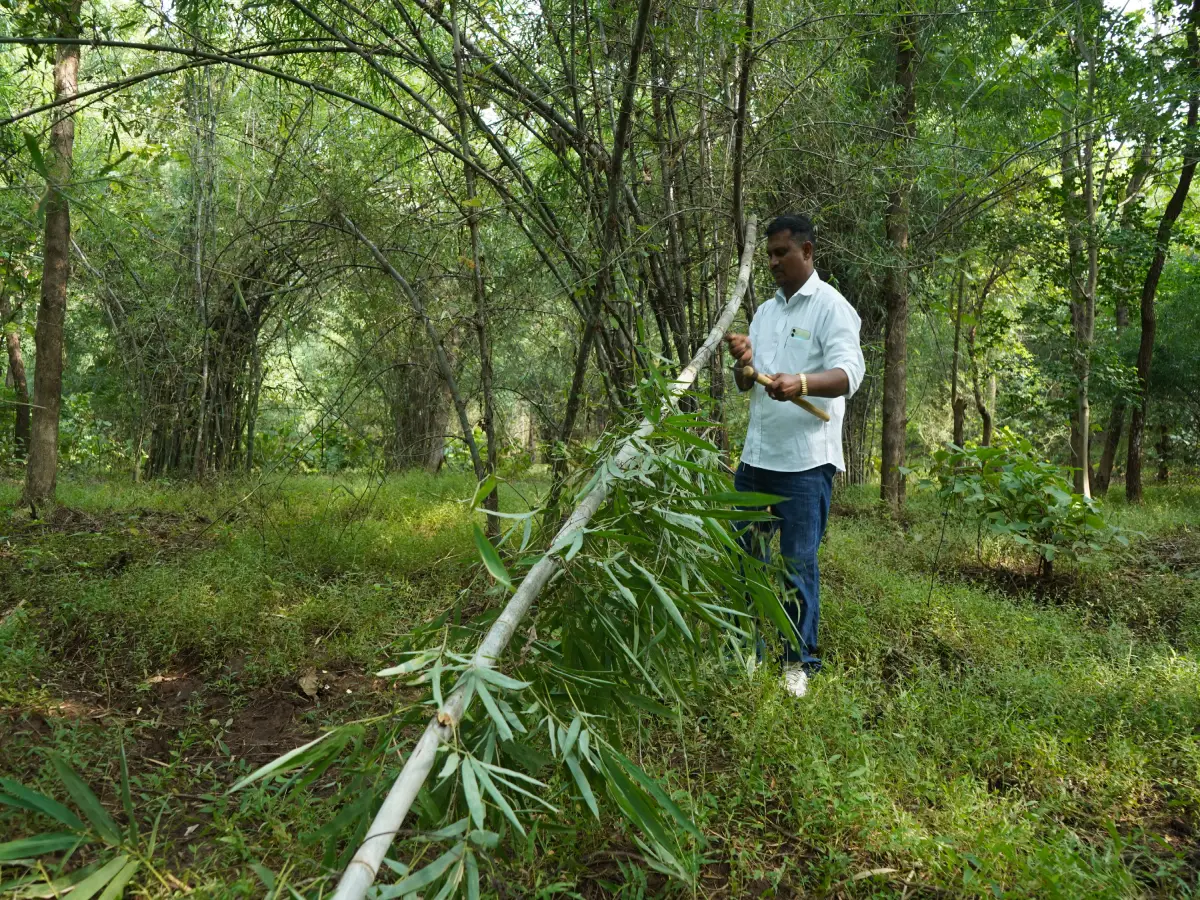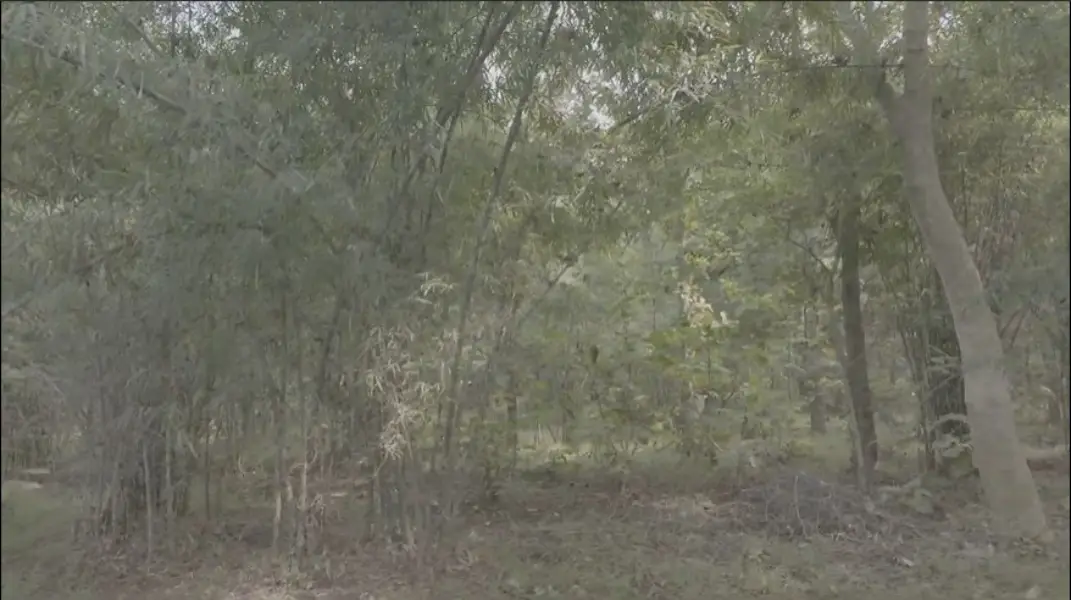
Themes
tribal ecological knowledge
Ecological Knowledge in Kotwalia’s, gujarat

Possessing the rich traditions of ecology knowledge, the Kotwalia community of Gujarat has a very sustainable bamboo culture. Such knowledge includes not only craft but also stewardship of the environment because bamboo is a fast-growing renewable resource that is not replanted after harvesting.This ensures a continuous supply richness for environmental balance. As they respect nature, the Kotwalia involves bamboo-growing with a most sacred attached to the resource, illustrating a livelihood aligning economic with ecological sustainability, thus conserving cultural heritage.
Bamboo is generally used in a very important way for environment conservation for the Kotwalia Tribe. Fast, from about 1 to 3 meter a year, it renews itself post-harvest and thus is a sustainable material. It has huge potential as a sink of carbon dioxide and thus helps in the reduction of greenhouse gases and the effects of climatic changes. The thick bamboo growth supports soil conservation and habitat to many organisms, and hence it is too important for ecosystem conservation as well as sustainable resource management for the Kotwalia tribe.

Bamboo craft by the Kotwaluians represents cultural heritage that is important for sustainability in social and economic life. Conservation focuses on maintaining traditional practice while innovating to meet contemporary needs. Such organizations have been supporting artisans through training programs in technical skills and promoting local materials. Platforms such as Aadi Mahotsav open avenues for bringing Kotwalia art to the audience and publicizing their wider significance and importance in sustaining this livelihood for Kotwalia artisans.
Many organizations work for the protection of the traditional bamboo crafts of the Kotwalia people. NGOs like Gramodaya and Kotwalia Vikas Sangh organize workshops and exhibitions aimed at building up artisans' technical skills for the improvement of their economic status. Educational institutions contribute to this process of conservation and innovation by conducting research on bamboo craftsmanship. Participation in national and international events opens avenues for Kotwalia artisans into wider markets, ensuring recognition and continued growth of the craft in a highly competitive environment.
Some very popular innovations of the Kotwalia craftsmen centered on the changed design pattern of traditional bamboo items for urban customers. Examples include functional products such as bamboo furniture ( chairs, tables) and decorative items, particularly colorful baskets and vases. Patterns and colors inserted these works, thus joining local culture with current aesthetics. With the knowledge of market trends, Kotwalia artisans adapt their products according to end user requirements.

